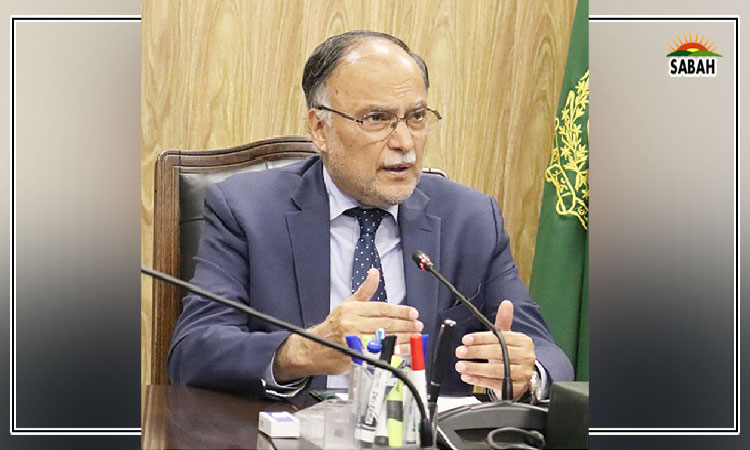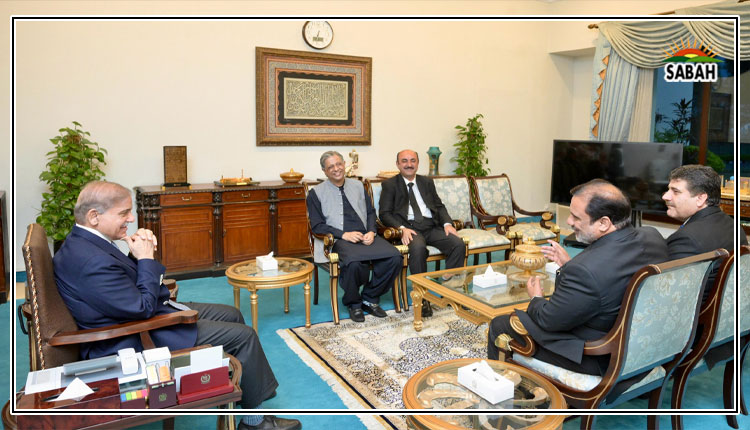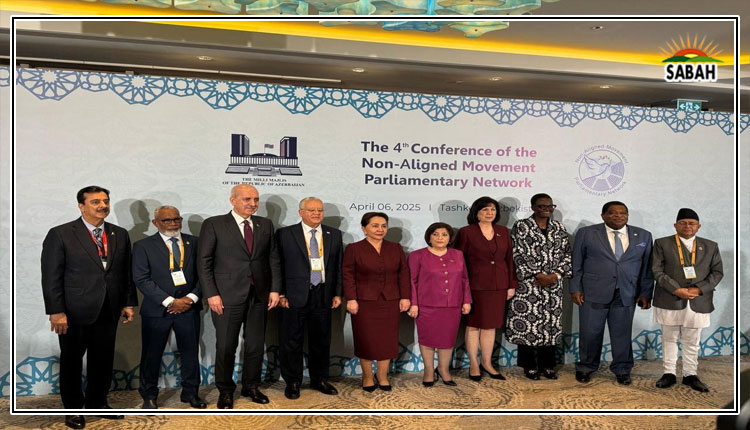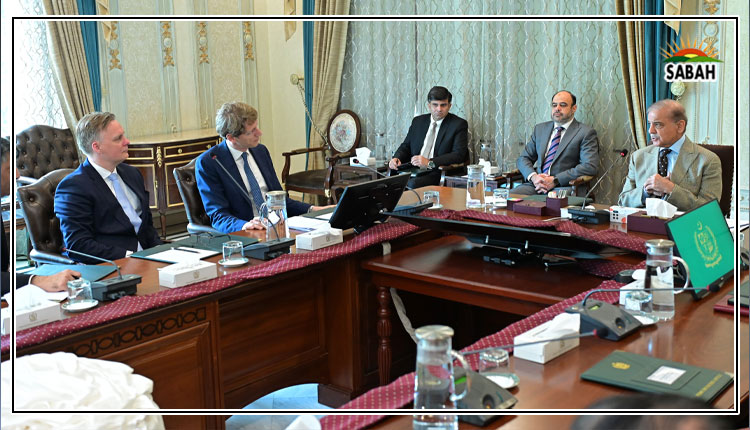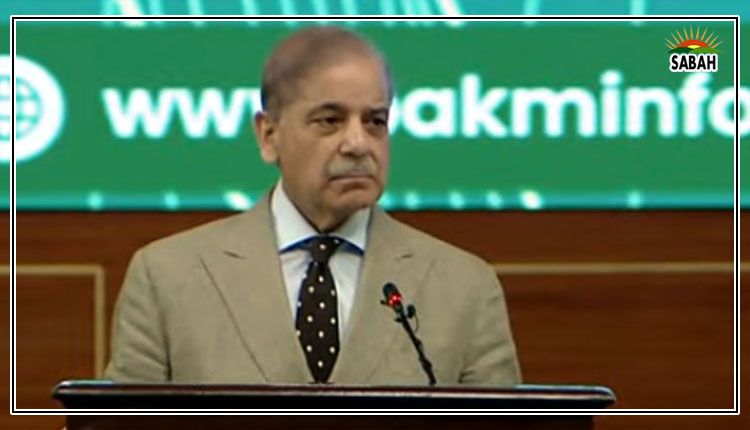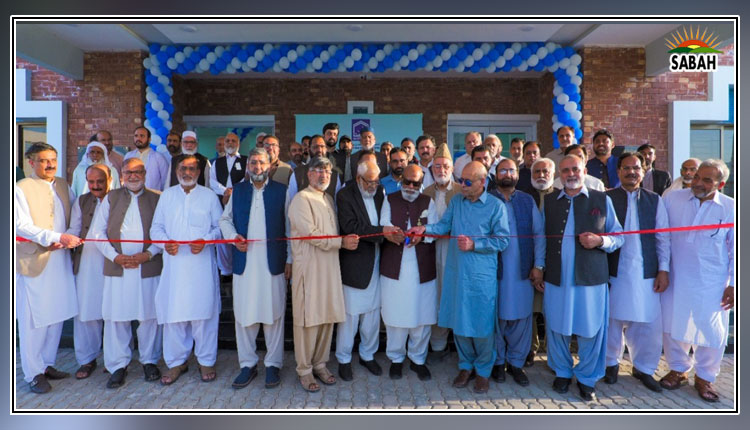SDPI, UNFPA launch groundbreaking Data Storytelling, Visualization Workshop for unlocking Power of Data
ISLAMABAD, Dec 6 (SABAH): The Sustainable Development Policy Institute (SDPI), in partnership with the United Nations Population Fund (UNFPA), has launched a comprehensive five-day workshop to enhance the impact of statistical data dissemination focused on “Storytelling with Data Visualization.”
The workshop was designed to empower National Statistical Offices (NSOs) with the skills necessary to effectively communicate data, ensuring that statistical results resonate with a wide range of audiences and drive informed decision-making.
Dr. Abid Qaiyum Suleri, Executive Director of SDPI, expressed his gratitude for the collaboration with UNFPA, emphasizing the importance of developing data literacy skills to support evidence-based decision-making.
“Data-driven planning is essential for sustainable development, and workshops like this are pivotal in ensuring that data reaches policymakers in the most effective way,” he stated. He also encouraged participants to take their newfound skills back to their organizations, becoming ambassadors for data-driven planning in Pakistan.
Dr. Sufyan Abu Harb, the lead trainer from Palestine, thanked participants for their commitment to the workshop and stressed that the skills learned would serve as the foundation for a broader culture of data literacy in the country.
Dr. Sajid Amin Javed, Deputy Executive Director, SDPI in his vote of thanks said storytelling with data was no longer a luxury—it was an essential skill for organizations seeking to transform raw statistics into compelling narratives that engage, inform, and inspire. The workshop aimed to equip participants with the tools to create powerful data visualizations and convey meaningful stories, making data more accessible and actionable, he added.
The course, he said developed in collaboration with SDPI and UNFPA’s PD team, covered key principles of data visualization and storytelling, with hands-on exercises and case studies designed to challenge participants to craft their own visual data stories.
By focusing on the intersection of data literacy, visualization, and communication, the workshop highlighted the importance of tailoring messages to specific audiences and creating visuals that enhance comprehension and impact, he said.
With more people processing information visually, effective data communication is no longer limited to numbers and words. The workshop introduced participants to the best practices of creating engaging data visualizations, while also exploring common misperceptions and pitfalls in the design process.
The workshop helped participants to understand the principles of effective data storytelling and visualization, develop the skills to create compelling visual narratives tailored to their audience, learn how to avoid common pitfalls and ensure the accuracy and impact of their visualizations and gain hands-on experience through group projects, which would enable them to apply their knowledge in real-world scenarios.
The workshop brought together public sector representatives, academics, and private sector professionals to collectively advance data literacy in Pakistan.
Through interactive discussions, group critiques, and real-life case studies, participants explored impactful data visualization strategies. The workshop also included team projects focused on key themes like gender balance, environmental data, and the SDGs, with a special emphasis on using data to drive informed public policy.
This workshop marked a significant milestone in advancing the Data for Development (D4D) program in Pakistan. As SDPI and UNFPA continue their partnership, the focus will remain on building the capacity of government, academia, and civil society to harness data as a tool for informed decision-making and development planning.


